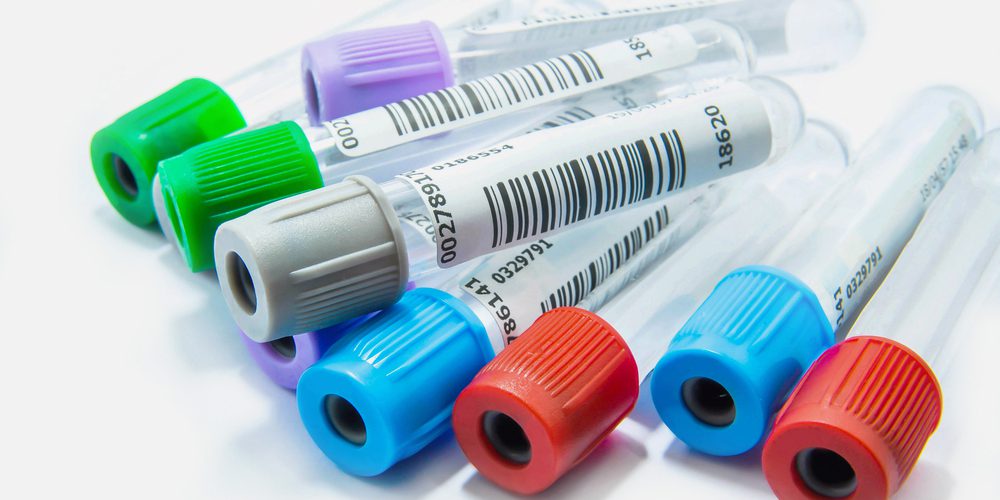WHAT IS A PROGESTERONE TEST?
A progesterone test is conducted to analyze the progesterone levels in the blood. Progesterone is the hormone produced by the ovaries of a woman. It plays a significant part during the pregnancy time. The hormones help the uterus become capable of supporting fertilized eggs and it also aids in making the breasts ready to produce milk. The purpose of conducting a progesterone test is to:
- Find out the reason for infertility in women
- Learn about the miscarriage risks
- Look out for the time of ovulation
- Analyze a high-risk pregnancy
- Detect ectopic pregnancy (a pregnancy that develops out of the uterus)
WHEN IS IT REQUIRED TO CONDUCT A PROGESTERONE TEST?
Your doctor might ask you to take a progesterone test if you are facing trouble to get pregnant. This test can help your doctor detect if the ovulation is normal or not. Moreover, a progesterone test is also conducted to check pregnancy health. Your healthcare practitioner can suggest you conduct a progesterone test if pregnancy complications and miscarriage risks arise. You might be at a risk of miscarriage if symptoms like stomach pain and bleeding occur during pregnancy. Also, there might be a risk of miscarriage if you have a previous history with the experience.
TEST PREPARATION AND SAMPLE COLLECTION
There is no specific test preparation required prior to a progesterone test. Moreover, the sample collection process of the test is quick and easy as well which takes about 5 minutes only. A blood sample is drawn from a vein (usually a vein from the arm). A test tube is used to collect the sample which is then sent to the lab for testing.
WHAT DO THE TEST RESULTS MEAN?
The normal ranges of progesterone levels in the blood are:
- For men: 1 (ng/mL) or less
- For women with menopause or at the start of periods: 1 (ng/mL) or less
- For women having periods (middle of periods): 5-20 (ng/mL)
- For pregnant women in the first trimester: 11.2-90 (ng/ml)
- For pregnant women in second trimester: 25.6-89.4 (ng/mL)
- For pregnant women in the third trimester: 42.4-48.5 (ng/mL)
High levels of progesterone indicate one of the following:
- Pregnancy
- Adrenal glands disorder
- Cyst in the ovaries
- Molar pregnancy (development in the stomach with pregnancy symptoms)
- Ovarian cancer
Low progesterone levels mean:
- Ovulation failure
- Periods lacking
- Miscarriage
- Ectopic pregnancy
- Fetal death
APPOINT AWAMI LAB SERVICE TO CONDUCT A PROGESTERONE TEST
Awami Lab, Gujrat encourages you to appoint the professional to conduct the best progesterone test in Gujrat. We guarantee you that each of the tests performed at the lab is conducted under the supervision of experienced technicians and phlebotomists. We are proud to offer the best progesterone test in Gujrat since our main goal is customer satisfaction. We provide every one of our customers with professional sample collection, authentic and detailed test results, and the best lab services in Gujrat. Awami Lab offers the best labs service in Gujrat which facilitates our customers to maintain their overall health.





